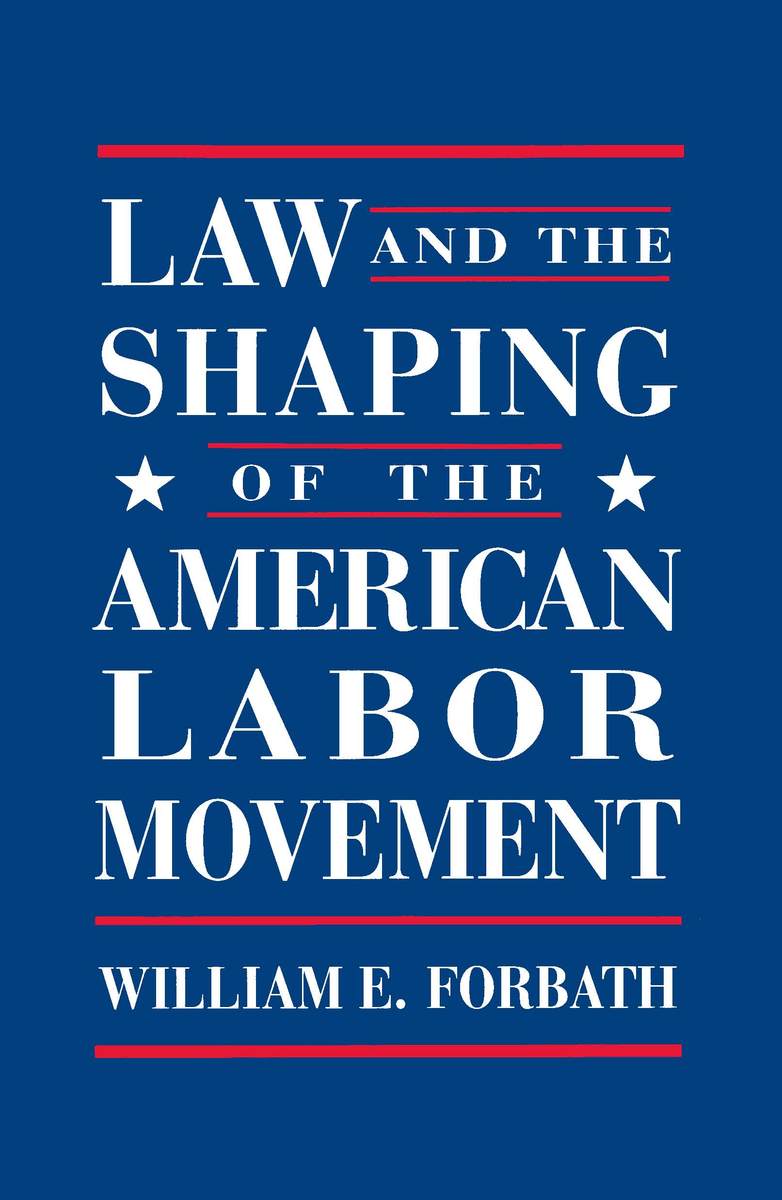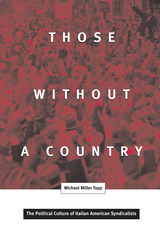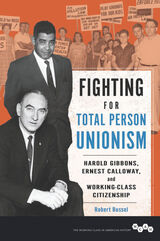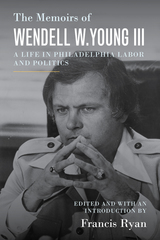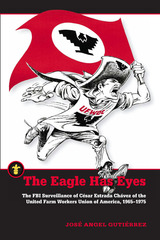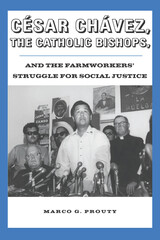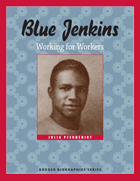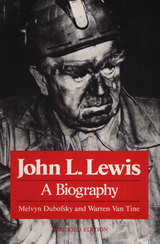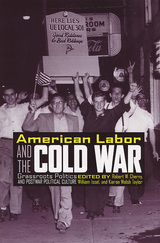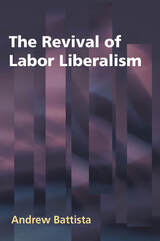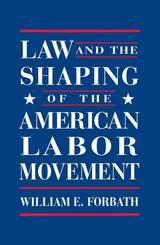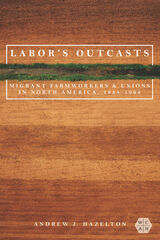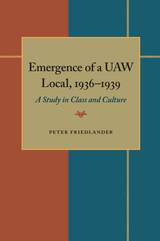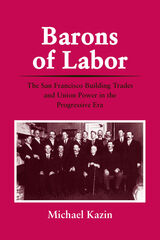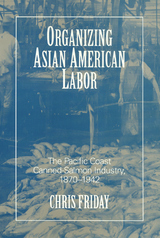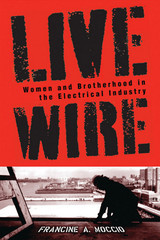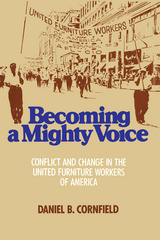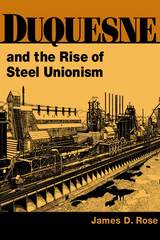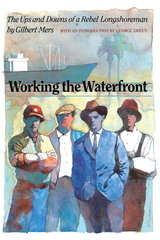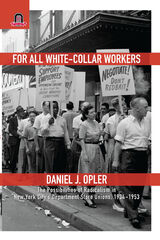Law and the Shaping of the American Labor Movement
Harvard University Press, 1991
Paper: 978-0-674-51782-0 | Cloth: 978-0-674-51781-3 | eISBN: 978-0-674-03708-3
Library of Congress Classification HD6510.F67 1991
Dewey Decimal Classification 322.20973
Paper: 978-0-674-51782-0 | Cloth: 978-0-674-51781-3 | eISBN: 978-0-674-03708-3
Library of Congress Classification HD6510.F67 1991
Dewey Decimal Classification 322.20973
ABOUT THIS BOOK | REVIEWS | TOC
ABOUT THIS BOOK
Why did American workers, unlike their European counterparts, fail to forge a class-based movement to pursue broad social reform? Was it simply that they lacked class consciousness and were more interested in personal mobility? In a richly detailed survey of labor law and labor history, William Forbath challenges this notion of American “individualism.” In fact, he argues, the nineteenth-century American labor movement was much like Europe’s labor movements in its social and political outlook, but in the decades around the turn of the century, the prevailing attitude of American trade unionists changed. Forbath shows that, over time, struggles with the courts and the legal order were crucial to reshaping labor’s outlook, driving the labor movement to temper its radical goals.
See other books on: Labor disputes | Labor laws and legislation | Labor unions | Shaping | Working class
See other titles from Harvard University Press
